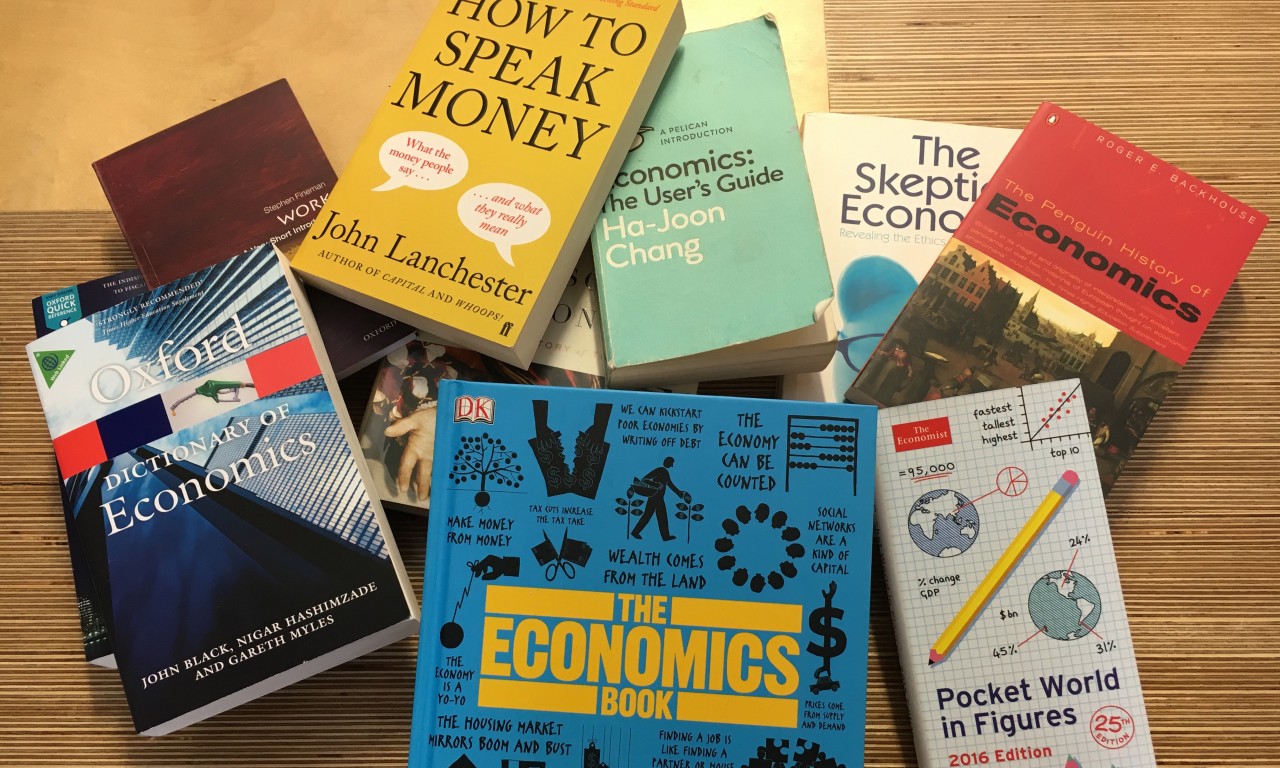An economic theorists book of tales, this narrative embarks on a captivating journey, inviting readers to delve into a realm where economic principles intertwine with the art of storytelling, promising an experience that is both intellectually stimulating and delightfully engaging.
Within this literary tapestry, economic theories and concepts are skillfully woven into tales that captivate the imagination, shedding new light on complex ideas and making them accessible to a wider audience. Through fables, parables, and allegories, the narrative unravels, revealing the profound impact of economic forces on human behavior and societal structures.
Economic Theory in Literature: An Economic Theorists Book Of Tales
Economic theory, the study of how individuals and societies make choices in the face of scarcity, has a rich history of application in literature. From the ancient Greek philosophers to modern-day novelists, writers have used economic principles to analyze and interpret the human condition.
Economic principles, such as supply and demand, opportunity cost, and marginal utility, can be used to illuminate the motivations and behaviors of characters, the structure of societies, and the consequences of economic decisions. For example, in Jane Austen’s “Pride and Prejudice,” the economic pressures on the Bennet family drive much of the plot, as the five unmarried daughters must find husbands in order to secure their financial futures.
Tales of Economic Principles
Economic principles can also be conveyed through storytelling, using fables, parables, and allegories to illustrate complex concepts in an engaging way. One of the most famous examples is Aesop’s fable “The Ant and the Grasshopper,” which teaches the importance of saving for the future.
The Power of Narratives in Economics
Storytelling is a powerful tool for understanding and communicating economic phenomena. Narratives can help us to make sense of complex data, identify patterns, and predict future outcomes. For example, the story of the Great Depression has been used to inform economic policies and decisions for decades.
Economic Insights from Fictional Characters
Fictional characters can also provide valuable economic insights. By analyzing their motivations and behaviors, we can learn about the economic principles that govern their actions. For example, the character of Ebenezer Scrooge in Charles Dickens’ “A Christmas Carol” embodies the economic concept of self-interest.
The Impact of Economic Events on Literature
Economic events and conditions have a profound impact on literature. Economic crises, booms, and recessions can shape the content and style of literary works. For example, the Great Depression inspired a wave of social realism in American literature, with writers such as John Steinbeck and Erskine Caldwell depicting the economic struggles of ordinary people.
Economic Theory and Literary Criticism, An economic theorists book of tales
Economic theory has also been used as a tool for literary criticism. By applying economic principles to literary texts, critics can gain new insights into the meaning and significance of these works. For example, Marxist literary criticism uses economic theory to analyze the social and economic structures depicted in literature.
Final Summary

In conclusion, an economic theorists book of tales stands as a testament to the power of storytelling in conveying economic insights. By weaving economic principles into captivating narratives, it transforms complex theories into relatable tales, fostering a deeper understanding of the economic forces that shape our world.
General Inquiries
What is the purpose of an economic theorists book of tales?
An economic theorists book of tales aims to make economic principles more accessible and engaging by presenting them through the medium of storytelling.
How do economic principles relate to literature?
Economic principles can be used to analyze and interpret literary works, providing insights into the economic motivations and behaviors of characters and the impact of economic events on society.
What are some examples of economic tales?
Examples of economic tales include fables like “The Ant and the Grasshopper” and parables like “The Parable of the Talents,” which illustrate economic concepts such as saving, investment, and the consequences of different economic choices.